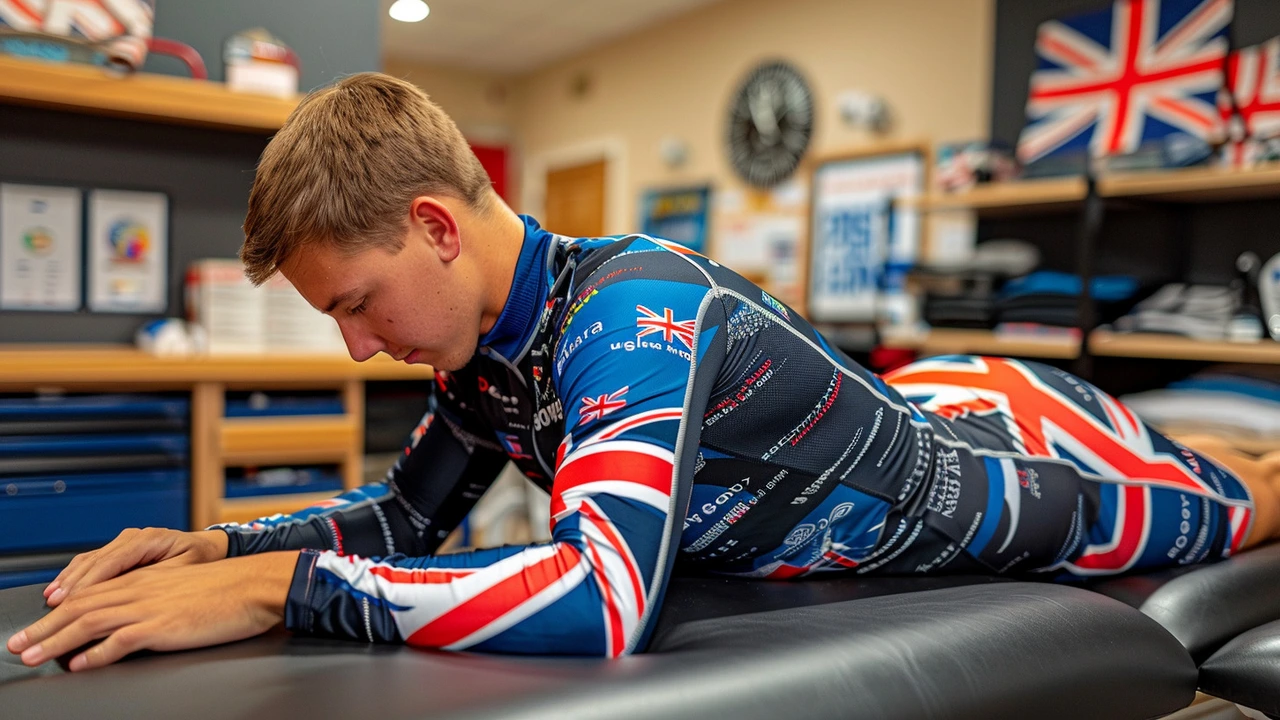Understanding the Benefits of Sports Massage for Endurance
Sports massage is not just a luxury for elite athletes; it's a crucial tool in an endurance athlete's arsenal. At its core, massage enhances circulation, facilitating the removal of lactic acid and other waste products from the muscles. This improved blood flow not only accelerates recovery but also increases oxygen and nutrient delivery, critical for muscle repair and growth. Delving into the science, a study published in the Journal of Sports Sciences highlights how post-exercise massage significantly reduces delayed onset muscle soreness (DOMS), enabling athletes to return to training sooner than with rest alone.
A stronger sense of well-being is associated with massage, which in turn can boost one's motivation and mental focus towards training.
Moreover, the psychological benefits cannot be understated. Incorporating regular massage sessions can have a profound effect on an athlete's mental resilience and focus, enhancing overall performance.
Integrating Sports Massage into Your Training Regimen
Understanding the best time to schedule a sports massage is key to reaping its benefits. While immediate pre-event massages can loosen the muscles and prepare them for the strain ahead, post-event massages are crucial for accelerating recovery. However, it's the regular, maintenance massages that truly build endurance over time. These sessions should be tailored to an athlete's specific needs, focusing on areas of tension or previous injury.
Creating a sports massage schedule doesn't have to be complex. Start by integrating a session at least once every two weeks, and adjust based on how your body responds. It's also vital to work with a therapist who understands the unique needs of athletes and can provide targeted treatment.
Choosing the Right Massage Therapist
Finding the right massage therapist is as important as the massage itself. Look for professionals with experience in sports massage and a good understanding of athletic demands. It's beneficial to seek recommendations from fellow athletes or sports health professionals. Ensuring your therapist is certified and well-versed in techniques specific to your sport enhances the effectiveness of each session.
During your first visit, it's important to communicate your goals, current training regimen, and any areas of concern. This open dialogue ensures the massage therapist can tailor the treatment to your specific needs, making each session as beneficial as possible.
Preventing Injuries and Enhancing Recovery
Sports massage plays a pivotal role in injury prevention. Regular massage sessions can identify and address tight areas before they become problematic, maintaining muscle elasticity and preventing strains. Additionally, for athletes recovering from injury, targeted massage therapy can facilitate rehabilitation by promoting flexibility and reducing scar tissue formation.
In the context of recovery, the importance of massage stretches beyond physical benefits. It also provides athletes with a forced pause, a moment of relaxation vital for mental recovery and perspective.
Maximizing Performance Through Improved Flexibility and Range of Motion
Increased flexibility and range of motion are direct benefits of sports massage that can significantly impact an athlete's performance. Flexible muscles are less prone to injury and can perform more efficiently, resulting in improved endurance and strength. Techniques such as deep tissue massage and myofascial release are particularly effective for enhancing flexibility.
A key aspect of improving flexibility is the understanding that it's a gradual process. Regular massage sessions, combined with dedicated stretching routines, can lead to noticeable improvements over time.
The Psychological Edge: Enhancing Mental Focus and Well-being
The mental boost from regular sports massage sessions can be just as significant as the physical benefits. By reducing stress and promoting relaxation, massage can improve sleep patterns, enhance focus, and increase overall well-being. This mental clarity and reduced anxiety translate into better performance, whether in training or competition.
Exploring the relationship between mind, body, and performance, athletes find that massage therapy plays a key role in maintaining a healthy balance and achieving peak performance.
Tips for Incorporating Sports Massage Into Your Routine
Start with setting clear goals for what you wish to achieve with sports massage, whether it's improved flexibility, injury prevention, or enhanced recovery. Communicate these goals with your therapist to ensure targeted treatment. Additionally, paying attention to your body's response after each session can guide the frequency and type of massage that's most beneficial for you.
Remember, consistency is key. Like any other aspect of training, the benefits of sports massage accumulate over time. With patience and regular sessions, athletes can expect to see a lasting impact on their endurance and overall athletic performance.

Comments